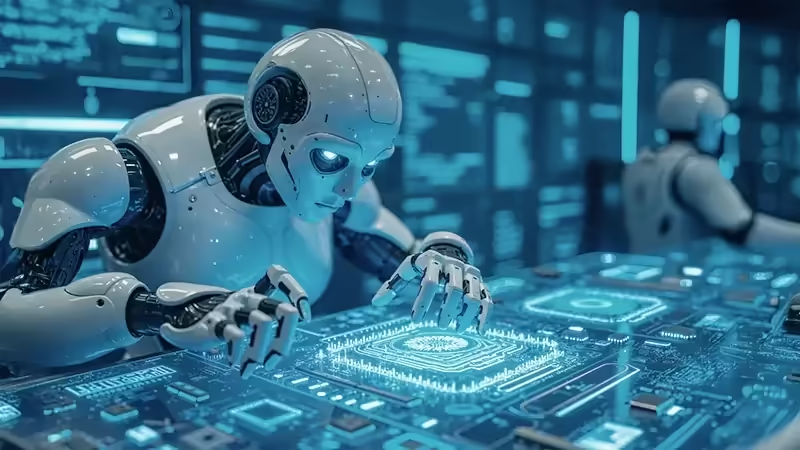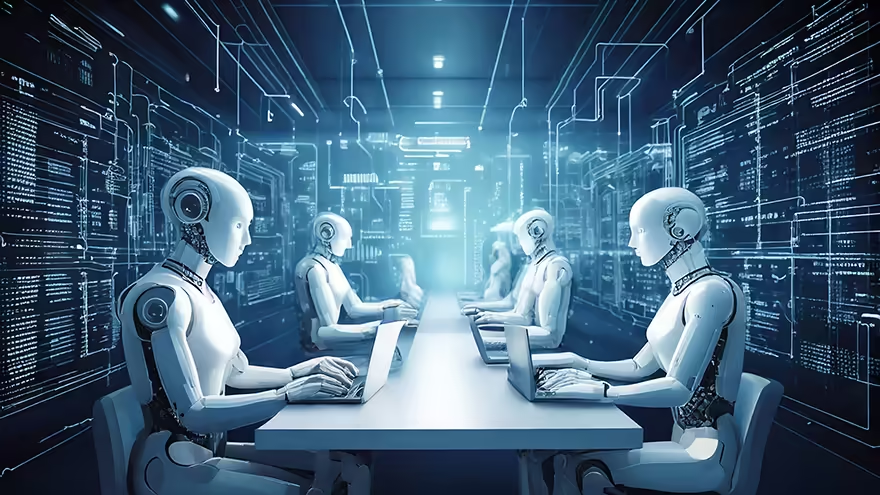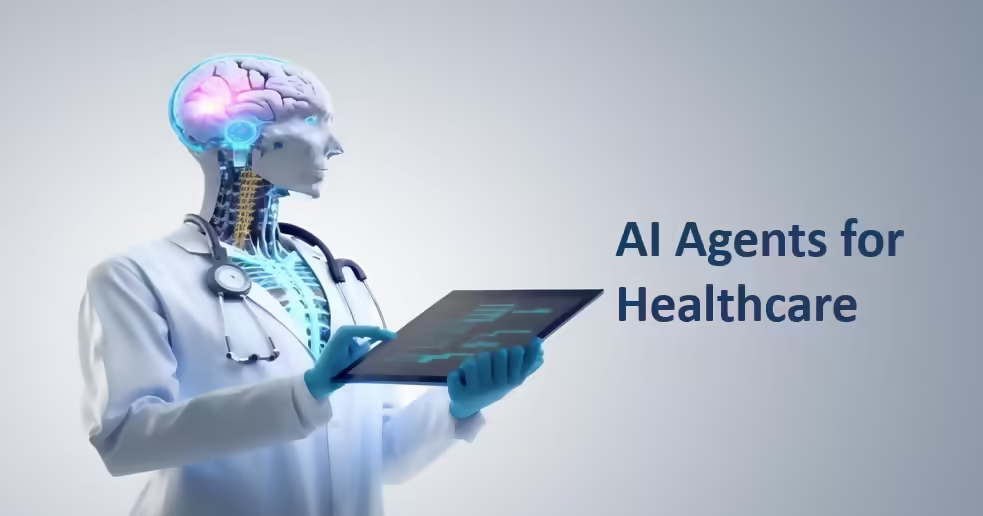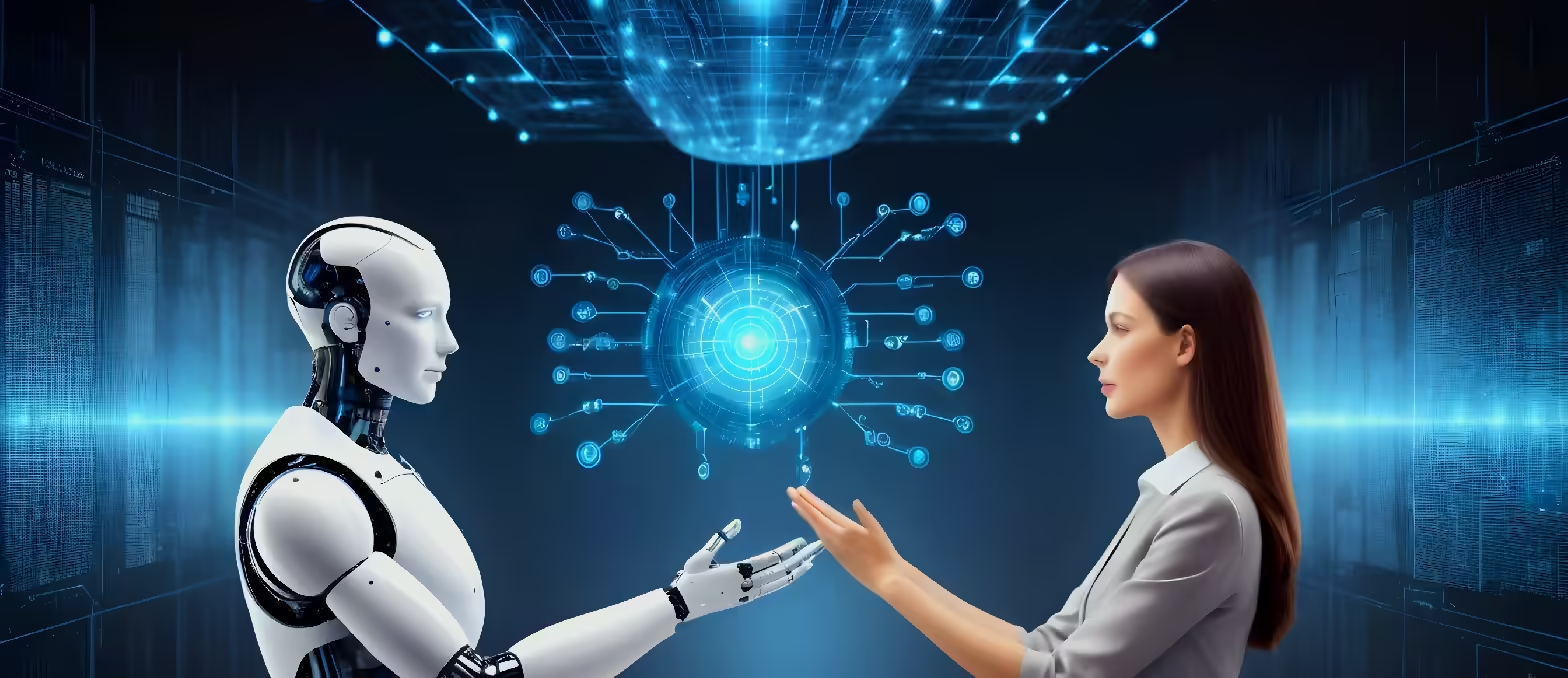Top AI Breakthroughs and Their Global Impact
AI has basically gone from being a geeky academic subject to one of the biggest powerhouses shaping our modern world. Over the last ten years or so, thanks to huge leaps in machine learning and things like natural language processing, AI has popped up everywhere in our homes, at our jobs, and in pretty much every organization you can think of.
The breakthroughs we're seeing right now aren't just little upgrades; they're completely changing how we interact with technology and how that tech influences everything on a global scale.
1. Smarter AI Models

The latest AI models have raised the bar for what a smart system is truly capable of. Consider tools with what is known as multimodal intelligence, such as Google's Gemini 2.5 and OpenAI's GPT-5. This is simply a fancy way of expressing that they are able to analyse text, images, audio, and video simultaneously. Thus, in addition to reading a report, an AI can also examine the graphs, hear your enquiries, and then produce a comprehensive multimedia presentation as a response. This skill is already causing a stir in a variety of businesses.
Now, marketing teams can make full campaigns in a fraction of the time it used to take. These campaigns can include social media posts, ad scripts, images, and voiceovers. Teachers are making classes that are different for each student by using text, videos, and quizzes.
Multimodal AI is also helping people in the entertainment industry, like musicians, game designers, and filmmakers, by making storyboards and soundtracks. The idea of "deep reasoning and analytical power" is another important step forward. Gemini 2.5 Pro and other advanced systems can look through very complicated data, find hidden patterns, and make suggestions that are as good as those made by a human expert. Older versions were mostly just good at making words.
For example, in scientific research, an AI can look through millions of research papers, find links that no one else has seen, and suggest new experiments that look promising. In finance, it can help you find hidden market risks and give you information that helps you plan for the long term.
Lastly, accessibility is very important. It's not possible for every company to have the resources or capacity to train large AI systems. That's why smaller, more effective models like Google's Gemma 3 are so important. They are still powerful but much cheaper, so small businesses, startups, and even universities can join the AI revolution without spending a lot of money. This democratisation basically makes sure that only a few big tech companies can come up with new ideas.
2. The Rise of AI Agents

One of the most exciting developments is the move from AI being a simple helper to an autonomous agent. Instead of waiting around for you to give it a command, an AI system can now handle multi-step tasks from beginning to end all on its own. In marketing, an AI agent can plan, launch, and monitor a whole campaign across different platforms and even tweak its own strategy in real time based on how it's performing.
For business reporting, an agent can go out and pull financial data, analyze the trends, and then spit out a perfectly polished presentation without you having to lift a finger.
In customer service, these agents can do more than just answer questions; they can actually resolve issues by plugging directly into a company’s internal systems. This change is a huge deal for how companies run. Workflows are getting so much smoother, and it frees up human employees to focus on bigger, more creative and strategic stuff. The value of software is no longer just about giving you a bunch of tools; it's about getting things done and delivering real results.
3. A Massive Impact Across Industries

A Huge Effect on Many Industries AI has such a broad impact, that practically every industry is noticing the shift:
Healthcare: More correctly and earlier than ever, AI is assisting physicians in identifying illnesses. Generative AI is even assisting in the creation of individualised treatment programs, and AI-powered radiography equipment are able to detect microscopic malignant growths that a human could overlook. To provide immediate assistance to those in need, some mental health practitioners are even experimenting with AI chatbots.
Discovery in Science: AI is significantly reducing the time needed for research in disciplines like biology and chemistry. Novel compounds that may result in ground-breaking medications are being produced via generative models. Previously, developing a novel theory was a laborious, time-consuming human procedure.
Finance: Banks are utilising AI to improve customer service, analyse risk, and detect fraud. Businesses can now predict market trends and provide millions of consumers with individualised financial advise simultaneously thanks to AI-driven predictive analytics. Manufacturing: In order to save millions of dollars in repair expenses and downtime, factories are utilising artificial intelligence (AI) to anticipate when equipment may malfunction before it really occurs. Lighter and stronger items are being produced via generative design algorithms, which reduces material waste and benefits the environment.
Education: Intelligent tutoring systems are now capable of adjusting to the unique learning preferences and speeds of each learner. Quality education is now possible thanks to AI's ability to develop lesson plans, tests, and even whole online courses that are customised to each student's needs.
4. Ethical Challenges
Problems with Ethics AI has amazing advantages, but it also raises some significant ethical concerns. One important one is data privacy. Your personal information could always be exploited because these AI systems require vast volumes of data to learn. An further major issue is bias.
An AI may wind up making unfair conclusions and worsening discrimination if it is educated on biassed data. Misinformation is a serious danger as well. Deepfakes AI-produced voices and movies that sound and seem entirely real can be used to dispel myths and undermine public confidence. It takes international agreements on accountability in addition to new technology to stop this kind of misuse.
Concerns about job relocation are also quite real. AI has the potential to impact millions of people as it replaces increasingly regular employment. Governments, corporations, and educators must collaborate to provide retraining programs and develop new forms of aid, such as universal basic income or help with career transition.
5. The Future of Human-AI Collaboration

Human-AI Cooperation’s Future The most optimistic vision for AI is not one in which robots simply replace humans, but rather one in which they enhance our own brilliance and inventiveness. Within this collaboration: After using artificial intelligence (AI) to identify possible therapies, a scientist creates the actual studies to evaluate them.
A human still makes the ultimate decisions based on their judgement, even while a city planner tests new infrastructure projects using AI models. While maintaining complete control over their artistic vision, artists employ generative AI as a creative partner, drawing inspiration from it. There will be an increasing number of hybrid AI systems, which are capable of both generating new ideas and forecasting future trends.
Not only will these technologies predict future events, but they will also assist us in developing more effective answers. Additionally, sustainability cannot be overlooked. Large AI models’ energy use is a major environmental concern. If we want AI to develop ethically, research into more effective algorithms, smaller models that are nevertheless powerful, and environmentally friendly data centres is vital.
Conclusion
In conclusion, AI is evolving into a real collaborator and is no longer merely a tool. The influence of AI is already enormous and is still growing, ranging from smarter models to autonomous agents, and from education to medical. However, this authority carries a great deal of responsibility.
Our true task is to ensure that AI advances in a way that is morally just, sustainable, and equitable for all. With good guidance, AI will enhance human ingenuity rather than diminish it. Humans and machines can work together to solve some of the world's most pressing issues and create a future that will genuinely benefit everyone.